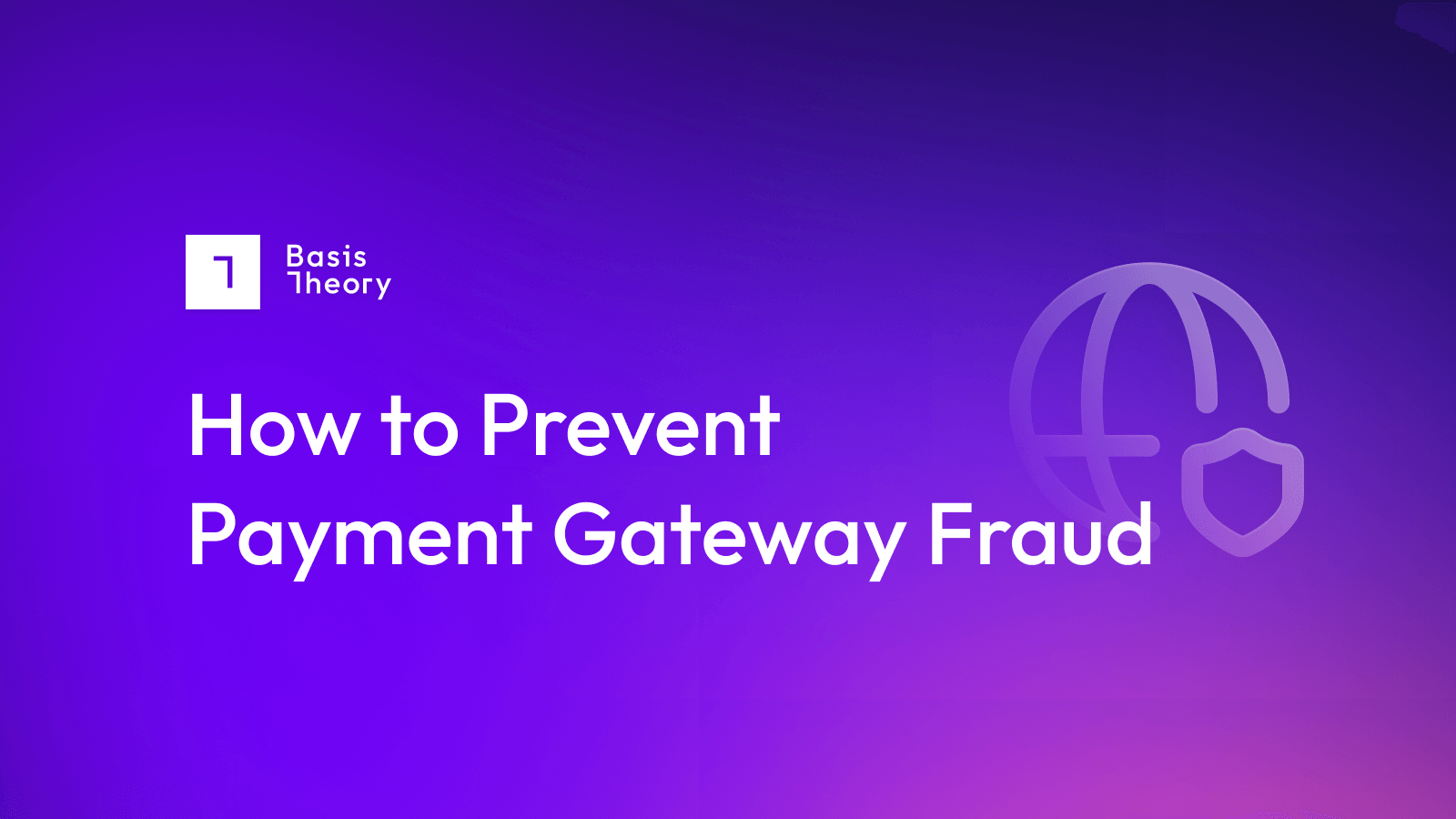How Chargeback Fraud is the Silent Business Killer

Chargeback fraud, often called friendly fraud or first-party misuse, occurs when consumers fraudulently attempt to secure refunds by initiating chargebacks instead of contacting a merchant they have bought from directly. Consumers committing this style of fraud dispute the transaction directly with their bank—initiating the chargeback process.
Consumers may use various false reasons for the chargeback:
- The product they ordered was defective or not delivered.
- They did not authorize the transaction.
- They requested a cancellation that was not honored.
Whatever the actual reason given, chargeback fraud occurs when the real reason for initiating a chargeback is something else entirely.
What is a chargeback?
A chargeback is the reversal of a transaction initiated by a card network or issuing bank, rather than by the merchant who made the original charge.
Unlike a refund, which is typically initiated through communication between the customer and merchant, a chargeback always reflects poorly on the merchant. The card networks assume that the merchant provided sub-optimal service to the customer and, if the ratio of chargebacks exceeds a preset level (generally around 1% of all transactions), they will penalize the merchant.
These penalties can range from increased chargeback fees for a defined period to expulsion from the program.
Chargebacks are particularly important to merchants who work with full-service payment service providers (PSPs). PSPs act as the middleman between merchants and the payments ecosystem and, therefore, are responsible for the overall chargeback rate across their portfolio.
As such, they may apply more stringent chargeback rules (requiring lower chargeback ratios), and a broader range of negative consequences for failure to comply (including holding back, or even retaining, payouts.)
Why Disputes and Chargebacks Matter
The ability to dispute a transaction through a bank, or issuing partner, is designed to protect consumers. Disputes serve as additional protection against actual fraud, such as when a card or account has been compromised and used fraudulently, or when a merchant has made a mistake that cannot be resolved through other channels.
Disputes provide accountability for both merchants and cardholders. They incentivize merchants to operate their business legitimately, with strong customer service, and empower cardholders to recover funds that have been improperly disbursed. However, this process works under the assumption that disputes are used responsibly and only when absolutely necessary: misuse of this process is fraud.
There are many reasons consumers might decide that disputing the transaction with their bank will be more successful than directly conversing with the merchant.
Consumer disputes often result from one of many desires, some nefarious and some legitimate, including:
- The cardholder wants to get something for free.
- Not understanding the chargeback process and what it’s used for.
- Buyer’s remorse.
- Forgetting that they purchased it to begin with.
- Attempting to get a refund through the merchant after the refund window has passed.
Because the card networks have established guidelines for transaction disputes to best combat fraud, not all chargebacks submitted will be honored.
Generally speaking, the card networks require three things to start the dispute process:
- Timely Submission: Card networks typically allow cardholders to dispute transactions within a specified window, which is often about 120 days from the transaction date.
- Reason Codes: When disputing a transaction, a cardholder must provide an explanation corresponding to a reason code explaining the issue.
- Evidence: Cardholders may need to provide receipts, proof of communication with a merchant, or a police report (in cases of fraud.)
Just because a dispute has all the required elements does not mean it will be successful. The dispute resolution process allows the merchant to respond appropriately, which can—and often does—shut down fraudulent disputes. Even so, the extra effort required for a merchant to fight a chargeback is substantial and usually more expensive than simply letting it go…until the chargeback ratio starts to creep up toward the networks’ limits.
Why Chargeback Fraud Succeeds: Reason Codes
The difference between the real reasons a consumer is disputing a transaction and what they tell the bank is often irrelevant because the bank cannot assess the truth of the reasons they are given. Banks simply assign reason codes based on the information a consumer provides, and merchants often accept these assigned codes at face value: disputing a chargeback is an expensive, resource-intensive, and difficult process that often ends poorly for the merchant.
Recognizing what is chargeback fraud and what is a legitimate dispute can be a tricky balance for merchants, as they want to ensure they are not repeatedly questioning legitimate requests, which would harm the brand’s image. Merchants with high volumes of purchases, in particular, may find this process challenging as they may receive dozens, or even hundreds, of disputes a day that they would have to weed through.
Fighting Chargeback Fraud
Chargeback fraud damages not just individual merchants but also the integrity of the whole e-commerce channel. Banks do not have time to investigate every cardholder dispute for validity, and merchants rarely dispute chargebacks because of the headache they can cause.
Most merchants simply factor in chargebacks as part of the cost of doing business and do their best to keep them below an acceptable threshold. Indeed, the general assumption among many e-commerce operators is that the chargeback ratio should hover very close to the networks’ limits: too low a chargeback ratio may mean that the merchant is overly cautious and not allowing legitimate transactions. Unfortunately, banks may view a failure to dispute chargebacks as an admission of guilt or wrongdoing toward the customer. Banks have minimal incentive to look into potential fraud if merchants continue to operate business as usual—their goal is to end the dispute, not to find justice.
Merchants must lean into fraud prevention tools that can score and screen purchases, as well as dispute automation programs, to keep fraud to a minimum. Likewise, leaning into address verification services (AVS) and 3D Secure will add security and verification to transactions that can reduce fraud.
Merchants who work with only a single PSP are at particular risk of business damage through chargeback fraud: their PSP is the single arbiter of whether their chargeback ratio is too high, may insist on keeping it lower than the card networks require, and have control over the timing of payouts.
By switching to a multi-processor payment system, merchants can relieve a lot of the pressure from managing chargebacks. In cases where one PSP starts to ratchet up pressure before network ratio limits are reached, the merchant can move volume to another provider. Similarly, by balancing transactions across multiple PSPs, they can actively manage their chargeback ratios, primarily if they sell a range of products and services with different risk profiles.
For instance, if their records show higher chargeback ratios on one product category than others, they can combat growing chargeback ratios on one PSP by sending only the low-risk transactions there for a period. Because chargeback ratios are calculated based on the number of transactions, rather than the volume of sales, simply sending a large volume of small ticket items to an account that is under pressure can quickly act as a relief valve.
The first step to implementing a multi-processor payments system (something 60% of European merchants already do) is to engage a programmable payments vault like Basis Theory. This allows the merchant to safely and securely collect and store customer cardholder data without placing their entire system under PCI-DSS scope.
Each transaction can then be assessed for risk and reliability before being delivered to the payment processor or gateway that makes the most sense for the merchant.
.png?width=365&height=122&name=BTLogo%20(1).png)



